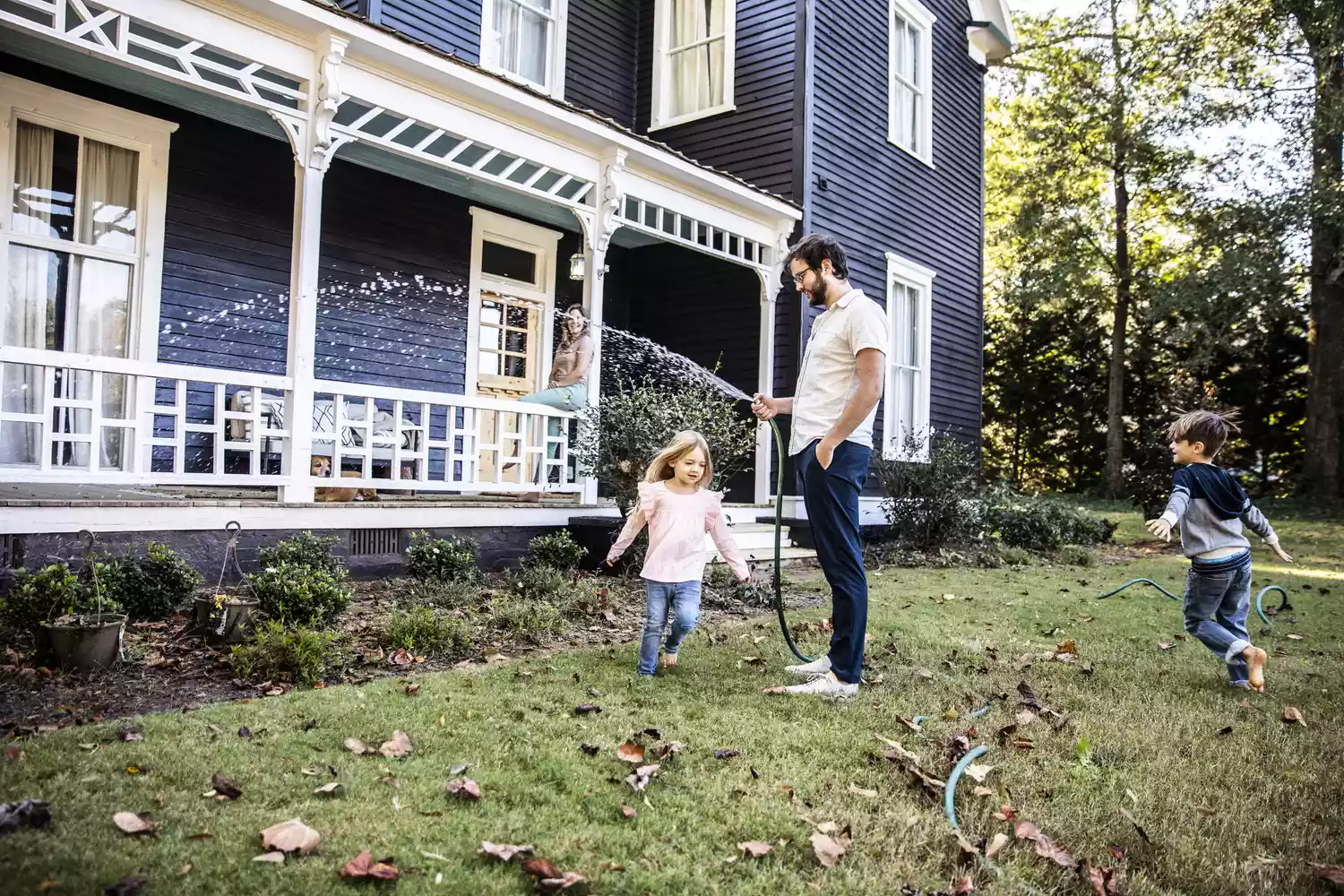
MEANING
Negative ownership is a legal doctrine for when somebody acquires the title of another individual’s residential or commercial property or land.
Unfavorable possession is a legal doctrine for when someone acquires the title of another person’s home or land. Rules vary by jurisdiction however generally, someone can claim adverse belongings after they’ve taken up residence on or have continuous belongings of a piece of residential or commercial property for a defined quantity of time.
Discover more about what unfavorable ownership is, the legal requirements for that category, and how it could affect you as a homeowner.
Meaning and Examples of Adverse Possession
How Does Adverse Possession Work?
Unfavorable ownership is when a non-owner/trespasser/squatter inhabits real estate without approval. The owner should try to eliminate them throughout the statute of constraints period; otherwise, the individual devoting the ownership might possibly take legal ownership.
For there to be an adverse possession, however, each of these criteria need to be satisfied:1.
Exclusive and constant: The possessor has to have actually remained on the property constantly, without others inhabiting it.
Actual ownership: The individual should physically inhabit the home, not simply state they desire control.
Hostile belongings: The holder, by inhabiting the property, is infringing on the initial owner’s rights without authorization.
Open and infamous belongings: The possessor is not slipping onto the home. They are openly living there in a manner an owner would, and their profession must be obvious to any outside observer.
Types of Adverse Possession.
Unfavorable possession can take place a couple of various ways.
Unfavorable possession might be awarded to someone who purposefully occupies residential or commercial property that does not belong to them, such as a trespasser or a squatter, who remains for a long duration of time. This might happen in the case of an absentee owner not looking at the residential or commercial property that someone has actually made their house. If enough time passes per the state’s law, the title may be granted to the intruder.
Note.
The amount of time required to inhabit a property before initiating negative belongings process varies by state and local law, normally taking a number of years.
Someone could receive unfavorable ownership in as short as two years in Maricopa County, Arizona, although it’s more common to see longer periods, such as 10 years in New York.23.
In another common example of negative possession, someone such as a next-door neighbor trespasses on a rightful owner’s residential or commercial property. For instance, a neighbor may construct a garage or set up a fence that crosses a property line. This often is done unintentionally, but it might lead to adverse belongings if the encroachment took place for long enough.
What It Means for Your Property.
Negative ownership can create a legal headache for a property owner, however there are methods to avoid it. The very best deterrent for unapproved residents is to keep routine tabs on a residential or commercial property, and make certain everything is locked and fenced-off effectively.
When it comes to a neighbor trespassing on your land, if the owner offers written consent for the next-door neighbor to utilize the property, then they can not be granted the title to that land since it would not satisfy the “hostile” requirement of a negative possession. Nevertheless, be mindful that permitting a neighbor to build on and/or encroach on your land might trigger difficulties if and when you attempt to offer.
Should you discover yourself in a situation in which somebody is on the verge of receiving adverse belongings, hire an attorney to assist you file a lawsuit to get rid of the celebration and/or recover the home.
Secret Takeaways.
Adverse ownership is a legal term referring to when someone besides a rightful owner gets the legal right to a home after occupying it without approval.
To qualify as adverse belongings, the possession must be real, continuous, unique, hostile, and be carried out in an open and well-known way.
Every state has their own laws relating to the statute of limitations for when a property can become a negative possession.
Owners can prevent negative belongings circumstances by carefully monitoring their residential or commercial property and bearing in mind home lines with next-door neighbors.



